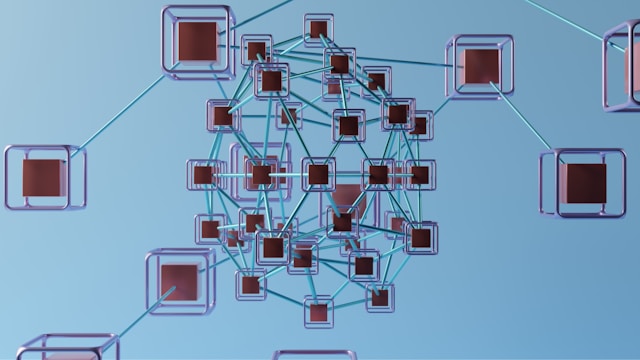Building a Culture of Security Through Training and Openness

Why Culture Matters in Cybersecurity
At CXO Advisor, we know that cybersecurity isn’t just about firewalls, monitoring systems, or the latest technology. It’s about people. Technology can block attacks, but employees are the first and most critical line of defense. Sean Mack, founder of CXO Advisor and a seasoned cybersecurity expert, has long emphasized that a true culture of security begins with training and openness. For small businesses especially, where teams wear many hats and resources are tight, cultivating that culture may be the difference between resilience and vulnerability.
Training: Beyond a One-Time Event
As Mack often reminds his clients, “One of our biggest vulnerabilities is the people. We need to start with the basics.” Training on phishing recognition, password hygiene, and safe online practices forms the foundation of any security-aware workforce. But the key lies in repetition.
Too often, organizations onboard employees with a single training module and assume they are equipped for years to come. The reality is different. Cyber threats evolve, tactics shift, and bad actors get more creative every day.
“We need to not just train once,” Mack explains. “This has to be built into the culture. Training should be regular, ongoing, and reinforced, not just once a year.”
By integrating security training into weekly or monthly touchpoints, businesses can transform cybersecurity into second nature for employees.
Openness: Creating a Safe Space to Report Issues
Training is only half of the equation. The other half lies in building trust and openness. Employees must feel empowered to report suspicious activity without fear of blame or embarrassment. Mack has seen firsthand how crucial this is when implementing phishing simulations:
“At first, people are hesitant to report it. But as you create an environment where it’s safe to fail, employees start to report suspicious emails—even if it turns out to be a false alarm.”
Positive reinforcement is essential. When an employee reports something legitimate—or even when they make a mistake—leaders must respond with encouragement. Saying, “Thanks so much for reporting this,” builds confidence and demonstrates that vigilance is valued over perfection.
Shaping a Security-First Culture
A culture of security requires both discipline and compassion. It’s about making cybersecurity part of the everyday language of the business. Posters, reminders, short exercises, and team-wide discussions can all keep security front of mind. The ultimate goal is not fear, but empowerment. Employees should feel they are part of the solution, not just a potential liability.
Watch the ISMG.Studio interview: Cybersecurity Checklist Every Small Business Should Follow.
Key Takeaways for Small Businesses
- Provide regular, ongoing security training, not just once a year.
- Cover essentials like phishing, password hygiene, and safe practices.
- Foster a workplace where employees feel safe to report issues.
- Use positive reinforcement to build trust and engagement.
Partnering with CXO Advisor for Security Success
Building a culture of security takes time, effort, and leadership. For small businesses, it can feel daunting to manage training programs and create the right environment on their own. That’s where CXO Advisor, led by founder Sean Mack, steps in. With a deep understanding of cybersecurity and a passion for protecting small businesses, Mack and his team help organizations weave security awareness into the very fabric of their culture. Because when employees are confident and empowered, technology works better, businesses are safer, and resilience becomes second nature.
